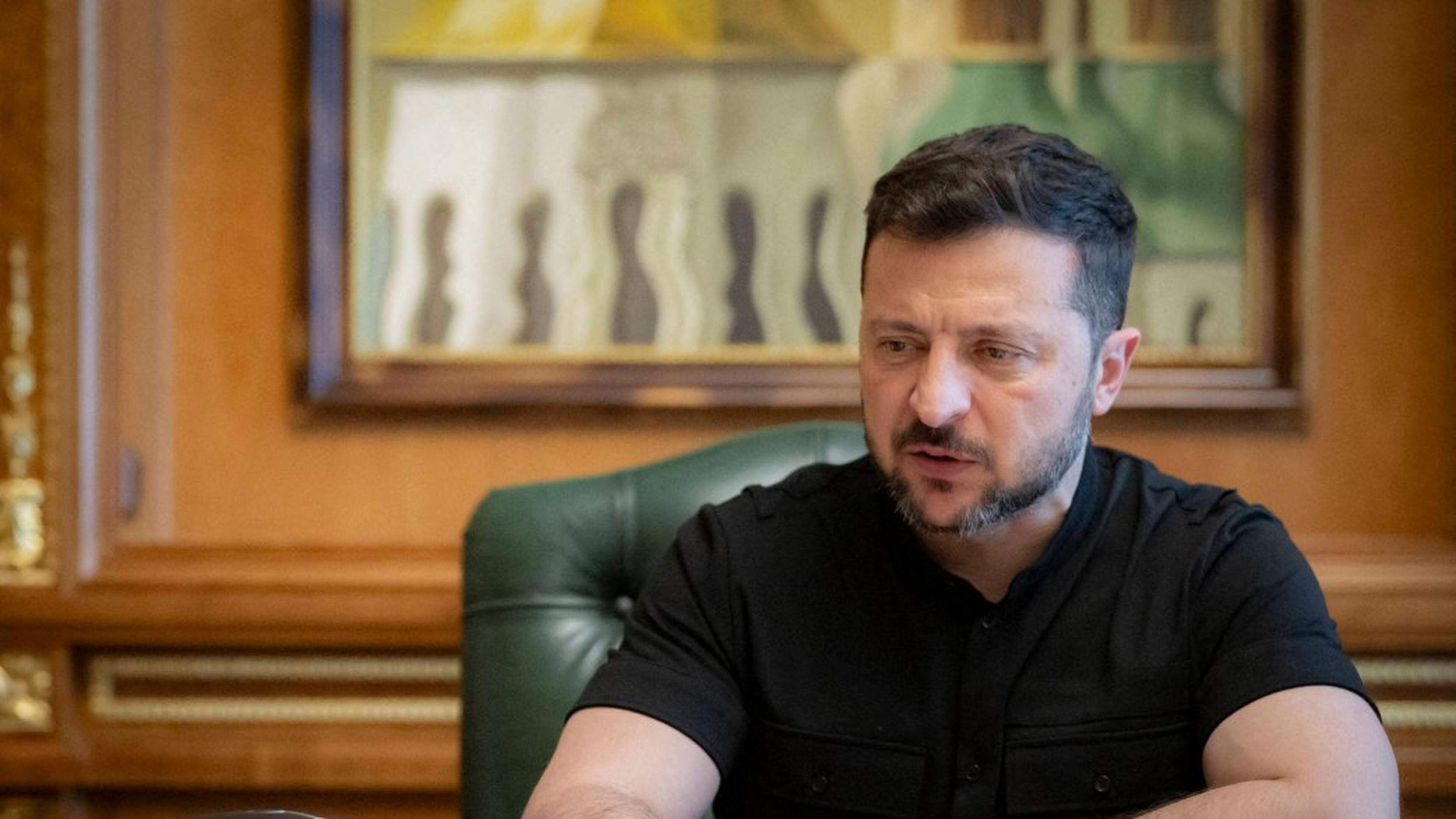Demohriscani and AFD almost tied – the world
Friedrich Merc has not even become a chancellor, and 70 percent of voters have already been dissatisfied with its work. Mercovi Demohriscani fell 26 percent of support, and AFD jumped to 24 percent, shows a new survey.
Just a few weeks of election for the Bundestag held on 23. February, and according to the latest public opinion polls « German Trend » (Deutschlandtrend) of the public service, the Parties have changed significantly. Demohrišćani (CDU / CSU), which have won the most votes in the elections, 29 percent, now have 26 percent support. At the same time, the right-populist alternative for Germany (AFD), which won second place with 21 percent of votes, now, has now reached a new record: 24 percent support.
The Social Democratic Party of Germany (SPD), with which Demohrišćani negotiates the compilation of the new government, remains at 16 percent. It was the worst ever score for that party in some elections for the Bundestag.
Green, that the next week’s elections, fell at 11 percent (one percent less than in the election), while the left won one percent more than 23. February.
Left-populist Alliance Sara Vagenknecht (BSW) and Liberals (FDP), just as in the last election, would not cross five percent to enter the parliament.
The representative survey was conducted from 31. March to 2. April, and 1,334 German voters were examined.
Debit package costs support
Popularity is not only lost by the democrichant parties, but also President of the CDU Friedrich Merc, probably the future German Chancellor. According to the research, as many as 70 percent of the examined is dissatisfied with his work.
Looking for the reasons for this decline in popularity, it is quickly reached Merc’s release when it comes to the Constitution of the guaranteed so-called. « Debt brake » which is reformed to ensure the financing of defense costs, but also a loan package of 500 billion euros for infrastructure and climate protection, about which the parties of the future coalition government previously agreed.
Before the election, Merc and Demohriscians were against the new borrowing, but after the election, they called for the changed global situation. For most German citizens, this is not credible. Even every third sympathizer CDU and CSU expresses dissatisfaction.
Schools and kindergartens require better funding
What should the funds from that record debit be spent? Shortly after the Bundestag and Bundesrat approved the necessary change in the Constitution, the German Railway (Deutsche Bahn) already presented the list of their needs. The railway network was worn out, and trains are chronically incorrect. For renovation in the coming years, hundreds of billions of euros will need to be needed.
If you ask German citizens, 38 percent of them want money to invest primarily in the reconstruction of traffic infrastructure. And the most commonly mentioned area that needs assistance are schools and kindergities, ie education in general.
Before the new government could be able to spend money at all, she must first form. President CDA Friedrich Merca announced that, in case of victory, he could compose the government in the case of victory. But, here it is April, and demochrissians and social democrats are obviously needed much more time for coalition negotiations than expected. They take place behind closed doors, but occasionally leak details that reveal that many themes are still controversial.
What should be agreed upon?
Among citizens, the introduction of taxes on great wealth (69 percent of support) would be introducing vast benefits and moving procedures for testing requirements for asylum in third countries (64 percent). Half of survey supports tax cuts for companies, just as many are for highway speed limit. Increasing years to retire above 67 rejects 85 percent of respondents.
The interviewers asked citizens, and what they think about the re-introduction of a mandatory military deadline, which was suspended in 2011. years. In the context of planned strengthening of the Bundesver, reintroduction of the military obligation has become the topic of intensive discussions in Germany.
Regardless of the political commitment, only 22 percent of citizens believe that military and civilian terms should remain suspended. 27 percent of the respondents were declared for re-introduction. As many as 45 percent of them support a model that would include women.
When will Germany get a new government?
Before Easter (20 April), as Merca promised after winning the election, the government would probably not be formed. However, the vast majority of German voters are convinced that CDU, CSU and SPD will eventually manage to agree. Given numerous topics that are still controversial, it will require great readiness to compromise – and it is something that is increasingly divided into society in itself.
The interviewers asked citizens, and do they consider compromises good, because they are key to coalition agreement and democracy, or are they bad because politicians give up their principles? A total of 82 percent of respondents say to appreciate compromises in politics. Even among AFD supporters, it shares 60 percent of the surveyed.
Worried views of the US
The future German government will be under great pressure – both in the internal and external plan. The war in Ukraine continues, and Russia does not show interest in peace talks. As many as two thirds of Germans fear that Russia could attack other European countries. At the same time, almost eight of the ten tested fears that NATO-partners cannot be counted on the protection of the United States of America.
In addition, American trade policy brings additional insecurity. President Donald Tramp introduced new customs for trading partners around the world, which should take effect in the coming days. Customs to import from the European Union will be 20 percent.
The question arises so Germany should answer that? Seven out of ten surveyed survey is to increase customs to American products as a countermeasure. The same as surveyed fears that American customs policy could harm the German economy. Analyzes of economic experts confirm those fears. The IFO Institute estimates that new customs could reduce Germany’s economic growth in 2025. By 0.3 percent.
« Given that the German economy is already in stagnation, it is possible for US customs to push economic growth below the zero line, » said IFO-Institute Klemens Fuest. The German economy would suffer threefold: due to reduced exports in the United States, due to reduced Chinese competitiveness, as well as due to redirection of Chinese exports to other markets. All this further makes it difficult for German companies.
Follow us on our Facebook and Instagram page, but also on X account. Subscribe to PDF List release today.







